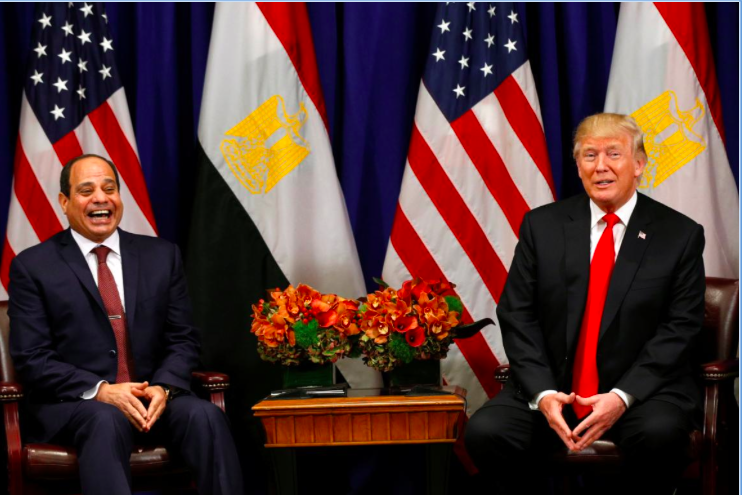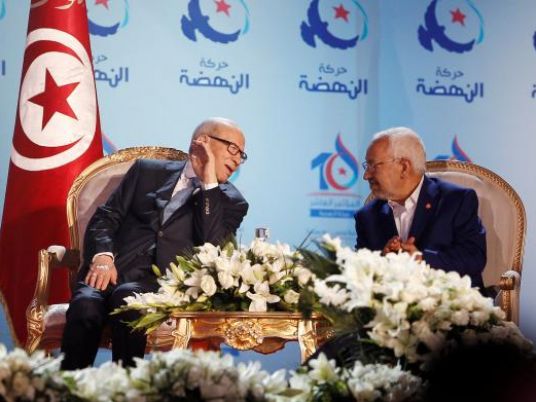Most trends in political Islam stipulate that the Islamic state protects freedom of creed. “So let whoever wishes believe and whoever wishes reject,” says the Quran. Several, however, consider those who disbelieve after accepting Islam an exception to this rule (apostates), even if the convert in question has inherited the religion.
Disregarding this exception, the right to freedom of creed is understood in its literal sense as the right to believe deeply in any religion, or not believe in any. But this right to belief is restricted to the “conscience,” so a non-Muslim may not call others to his creed, in which case his act would be considered an attempt to incite sedition. Defending one’s opinion, let alone attempting to persuade others of it, is an act that, in this line of reasoning, would be considered an incitement of sedition.
The Islamic state, therefore, guarantees a unilateral freedom of creed. And, if the punishment for apostasy is implemented, then a person would only have the right to convert to Islam. This is in addition to accepting the implementation of a form of Islamic law that is adopted by this state.
Taking this idea to the international level, a Muslim state has the right to make other nations submit to it, since its power is considered the authority of God. The opposite does not hold, though. The world is obliged to allow the call to Islam but the opposite is not true.
The problem is not with the resultant inequality — dubbed “rightful patronizing” — but in the imaginary nature of the entire project of this version of political Islam. Equality between followers of different creeds is considered an exported Western product, and inherent inequality may be exploited by proponents of political Islam whenever there is the power to do so.
The current dominant opinion, which allows for a conditional and limited acceptance of the principle of citizenship, is only accepted as an adaptation to a necessity, according to the fundamentalist jurisprudential perspective.
This is similar to the opinion that says non-Muslims should not pay jizyah, the tax levied on the Islamic state’s non-Muslims, because they participated in armed struggle against colonialists. The rule should therefore be the required payment of jizyah, but a certain historical context, rather than a basic right to equality, provides an exception to the rule.
Unfortunately, this reasoning is the best that can so far be expected from political Islam with regards to respecting the rights of non-Muslims. Proponents of political Islam are busy finding justifications for making exceptions to rules that inherently suppose Muslims are the masters.
Political Islam proves it has given the maximum it could in the realm of religious reform, or in radically reviewing the Islamic jurisprudential heritage, to establish the level of mutual respect and equality that societies have evolved to.
Islamists still fear introducing any radical changes at this level, preferring the easier task of reviewing scattered jurisprudential rulings. This effort is largely torn between calls for renewing thought and demands to stick to the fundamentals. Compensating for this failure are boasts of ethical superiority addressed to the entire world. In that regard, they resort to all forms of self-criticism emanating by the civilizations, such as the postmodernists’ criticism of modernists, the leftists’ criticism of colonialism and the liberals’ criticism of socialism — a dead end that only delays solutions.
Sherif Younis is a lecturer of Egyptian and European modern history at Helwan University, and a professional translator.
This article was originally published in Egypt Independent's weekly print edition.




